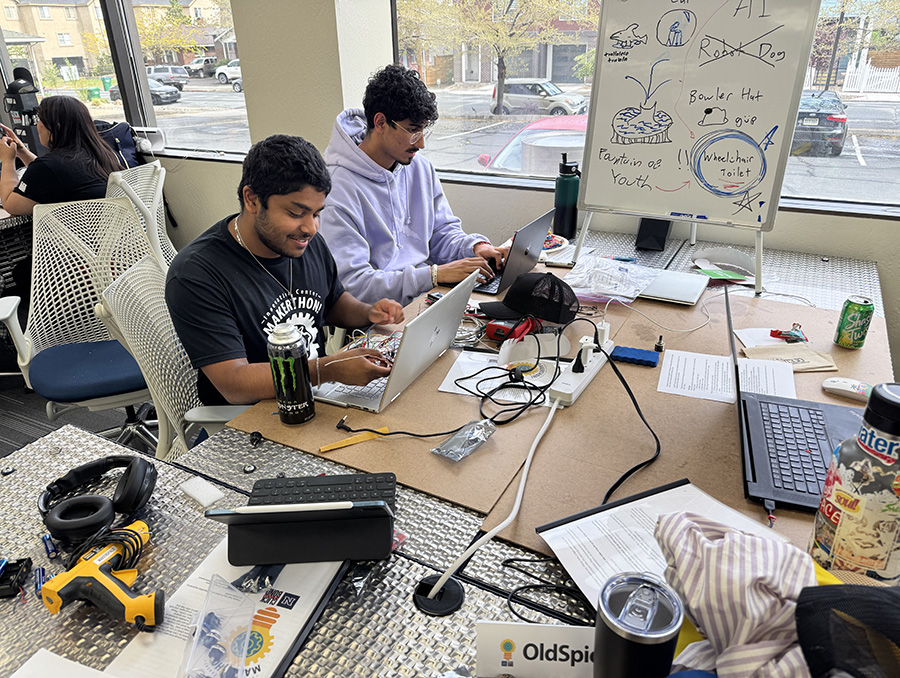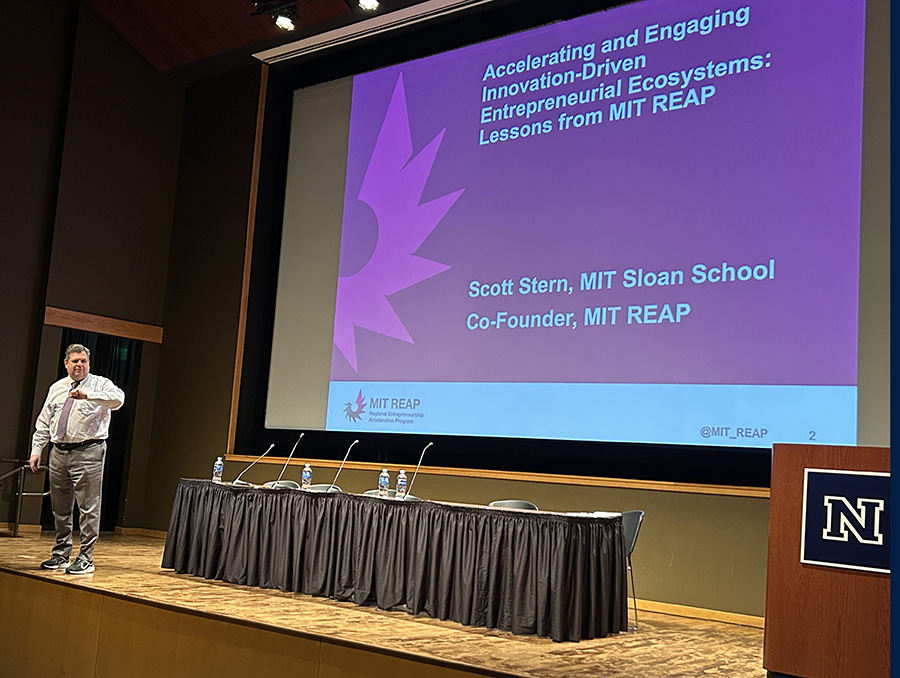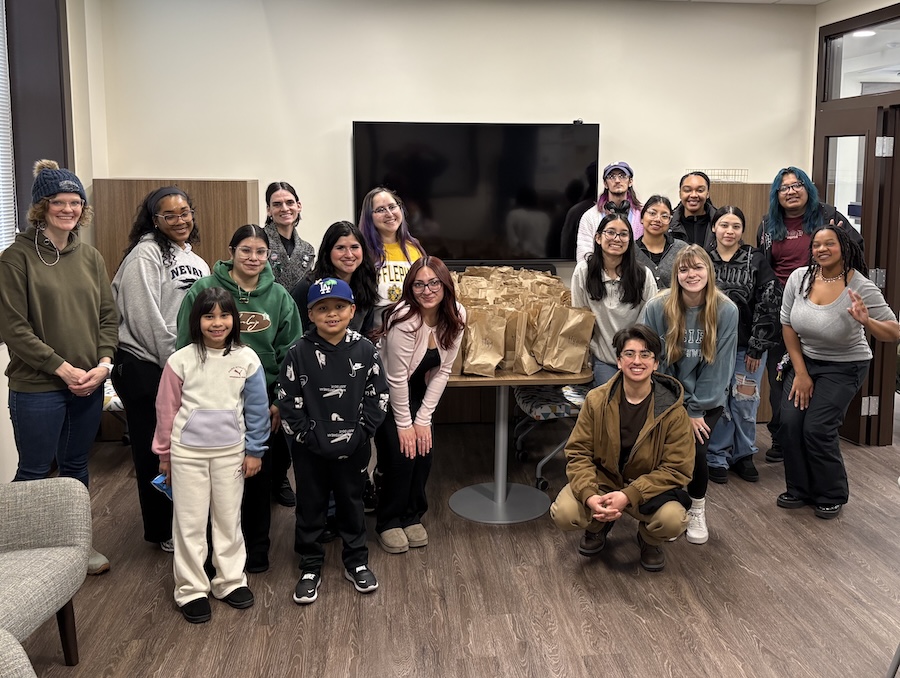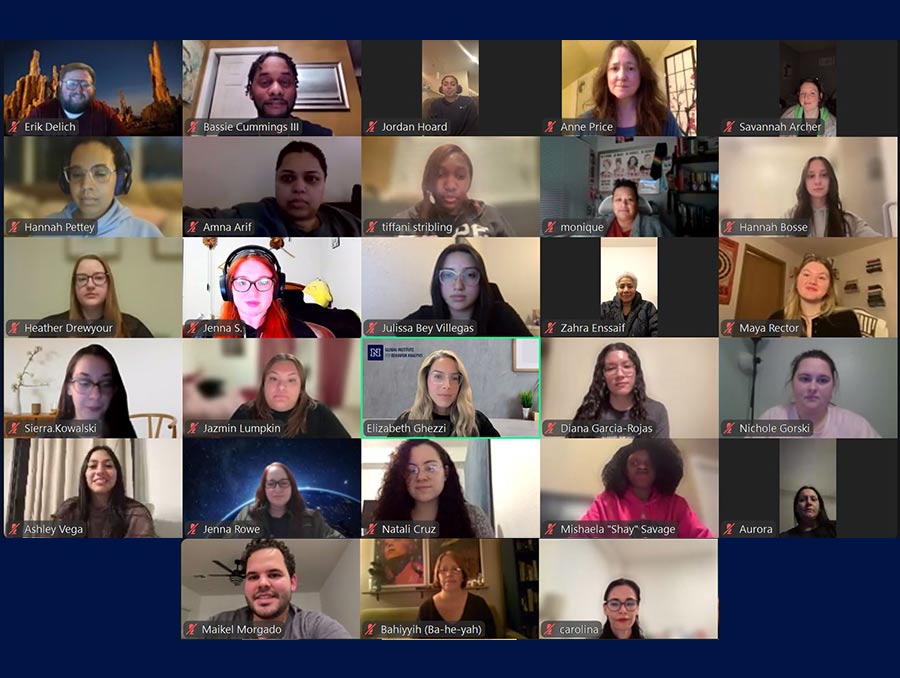National Eating Disorder Awareness Week
Week provides opportunity to learn why students are prone to eating disorders, why should we care and how can we help
Do you feel you are sometimes too busy to eat healthy meals because you are struggling between school, homework, studying and working?
During my undergrad years, I was so busy that I was forgetting to eat meals.
I would skip breakfast or lunch, twice a week, thinking it would give me more time to study. I started to notice a change in my performance at school and at work. I looked at my lifestyle and decided to modify my schedule to incorporate times for basic needs, such as eating healthy meals. I was able to find a balanced lifestyle, and learn and apply time management skills. This, along with the support of my family and friends, helped me get through the challenges and stress associated with being a college student.
Sometimes though, major life changes, such as the busy lifestyle and pressure of being a college student, can trigger eating disorders like binge eating disorder, bulimia nervosa or anorexia nervosa.
Eating disorders are serious and can be fatal.
According to the National Eating Disorders Association, an estimated 10 to 20 percent of women and 4 to 10 percent of men in college suffer from an eating disorder, and the rates are increasing. The Association says eating disorders have the highest mortality rate of any mental illness, and that they affect all races and ethnic groups.
So, why are college students prone to eating disorders, why should we care about this and how can we help?
According to the Association, eating disorders are complex conditions that can arise from a combination of behavioral, biological, emotional, psychological, interpersonal and social factors.
For example, someone may feel pressured to lose weight to fit the “thin body ideal” or because his or her friends are trying to lose weight. So, this person may decide to over-exercise and reduce his or her food intake to a point where the body is deficit in nutrients, which is not the best behavior to adopt on the long-term.
The Association says that 35 percent of dieters progress to unhealthy dieting, and 20-25 percent of unhealthy dieters develop partial or full syndrome eating disorders.
Or, someone may feel a strong desire to control emotions and one way he or she does is by controlling how much and what to eat. The food intake can be severely restrictive, such as with anorexia nervosa, or one can eat too much food at once, such as with binge eating. Again, in the long run, these types of behaviors can become destructive to the body and the mind.
People who suffer from eating disorders may feel hesitant to ask for help. They may fear being judged or may not think they have a behavior that negatively affects them. The more we talk about eating disorders, the better we understand what they are and how they might affect us, a friend or a loved one.
The University's Student Health Center and Counseling Services have resources available to students who struggle with eating disorders. Both invite you to join in bringing awareness to eating disorders this National Eating Disorder Awareness Week. This week, they are holding events to teach us how to combat body bullying and promote body positivity.
- Feb. 25, Love Your Selfie, 11 a.m. - 1 p.m., Knowledge Center Breezeway
- Feb. 26, beYOUtiful and Combat Body Bullying, 1 - 3 p.m., Knowledge Center Breezeway
- Feb. 27, Affirmation Carnation, 11 a.m. - 1 p.m., Knowledge Center Breezeway
Jeannine Gaillardetz is a Registered Licensed Dietitian who is pursuing a master's degree in dietetics. She is a community based nutrition instructor with University of Nevada, Reno Extension's Healthy Eating on a Budget, Pick a better snacktm and SNAP into Farm-Fresh Foods Programs.
These programs are funded by USDA’s Supplemental Nutrition Assistance Program — SNAP. SNAP provides nutrition assistance to people with low income. It can help you buy nutritious foods for a better diet. To find out more, contact 800-992-0900.
Extension is part of the College of Agriculture, Biotechnology & Natural Resources. The College offers degree programs in nutrition, including for people who want to become dietitians. To learn more, visit www.unr.edu/nutrition.
Students of all majors who have an interest in nutrition and healthy living are invited to join the College's Student Nutrition Association.














